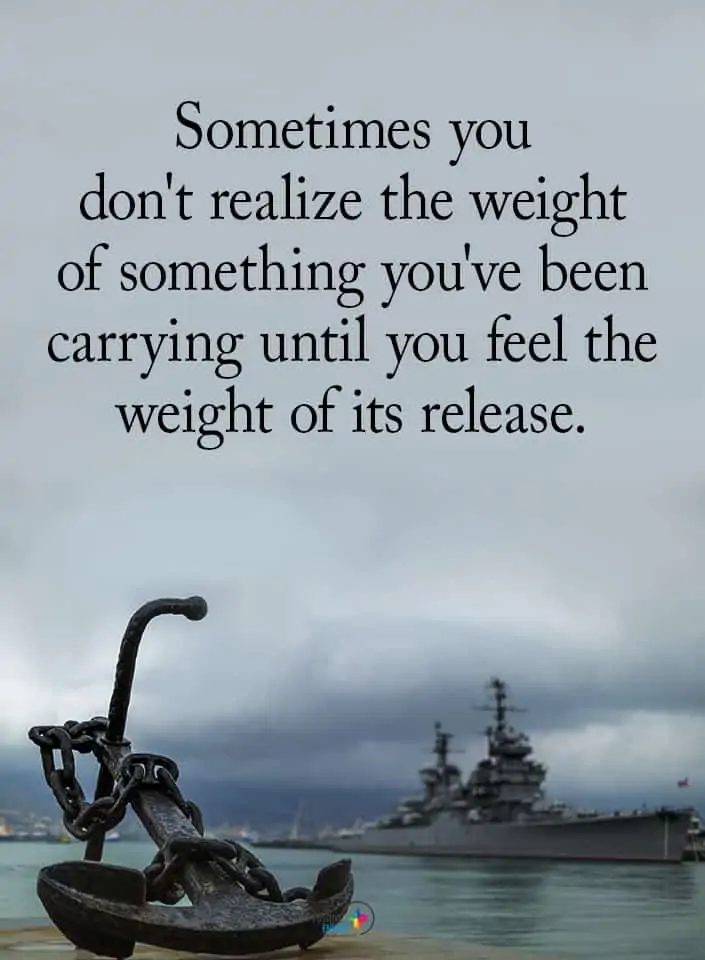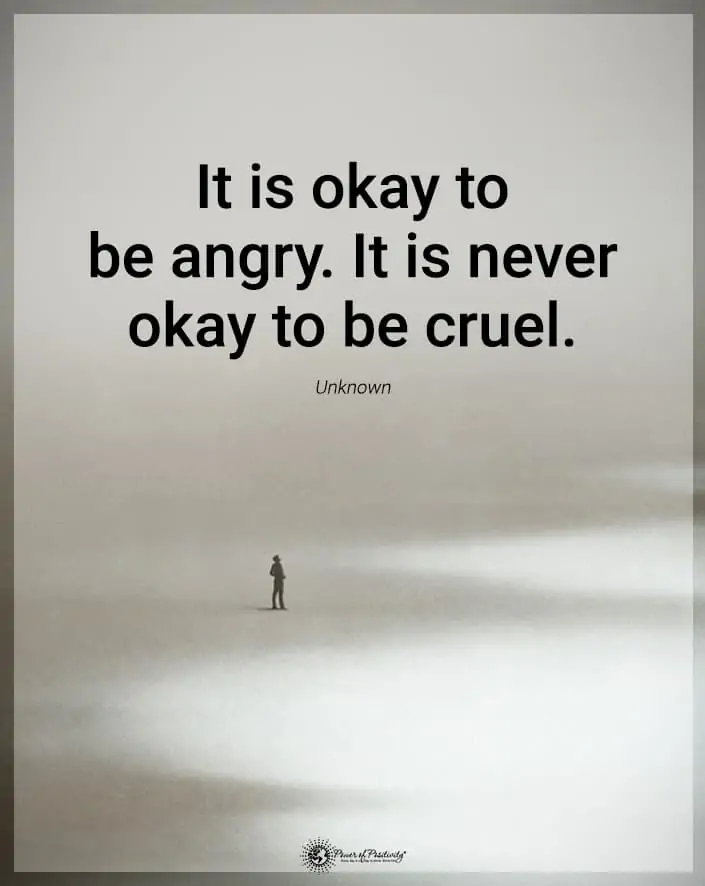You meet people every day that come from all walks of life. Do you ever look into their eyes and see pain? There are emotionally wounded individuals all around you, yet their scars and internal injuries aren’t always easy to detect.
Perhaps, you’re the one who suffers from scars from past trauma. Physical wounds eventually mend, and so does the pain that comes with them. However, the emotional wounds don’t heal so quickly, if at all, and they seem to cause the most pain.
Fifteen Signs of Being Emotionally Wounded
Since you’re surrounded by folks at work, school, the stores, and all facets of your social life, it would help if you recognized the signs of someone with deep inner wounds. This is especially important before you get involved in a relationship with them.
Additionally, if you have injuries that have never healed, some of these signs may be present in your life. Here are the 15 most recognizable signs among those with inner turmoil.
1. Crying with Ease
Someone who cries a lot usually has emotional issues. The pain within the subconscious impacts them in a capacity they cannot imagine. This person brings tissues to the movies or has a box sitting next to them while reading a moving book.
When something touches their heart, the tears flow effortlessly down their cheeks. Keep in mind that some people are more tender-hearted than others, so not all people who are weepy have inner turmoil. However, more often than not, a person who cries a lot has a reason their tears are so close.
 2. Ruminating on Bad Memories
2. Ruminating on Bad Memories
Do you remember the old-fashioned record players that were so popular in the 1970s and 1980s? When a record got a scratch on it, the recording would skip. If you were in another area of the home, it would skip over and over until you stopped it.
Your bad memories can be much like a broken record, and they will continuously play in a loop until you fix it. It’s challenging to forget a painful experience that shook you to your core, but you must accept the hurt so you can move on.
3. Easily Annoyed by Others
Having emotional turmoil can make you act and behave unbecomingly. For instance, does the slightest thing annoy you? For example, a child dancing and watching their favorite cartoon might not bother most adults, but you find it grating to your nerves.
When your emotional centers are in overdrive, the slightest disturbance can drive you mad. Consequently, it can be tough to live with someone on edge, and everyone around you will walk on eggshells.
4. Very Sensitive
Inner wounds can be a trigger for emotional responses. Has anyone ever told you that you wear your emotions on your sleeves? Someone who is overly sensitive analyzes your words and usually can’t take a joke.
Some people will withdraw socially as their emotional state takes a toll on them. While taking time alone is suitable for reflection, closing yourself off is never good. It would be best if you allowed others in and have good relationships to help heal these wounds.
5. Feeling Like You’re Never Enough
Do you feel like you’re never enough no matter what you do? It’s, no doubt, your perception of the world around you more than the reality of the situation. Trauma can cause poor self-esteem and a low sense of self-worth. If you always feel like you’re outside looking in, it can be a sign of inner wounds that need to heal.
6. Feeling lost
When you have emotional wounds, everything around you becomes questionable. Your emotions are so confused that you don’t know what to think or feel anymore. Your brain has become entangled because of the abuse, and it doesn’t process things as effortlessly as before.
If you find that nothing makes sense and your emotionally exhausted all the time, then it’s a sign that you have wounds that need to heal. You feel lost, and like you don’t belong anywhere, only because your trauma defines you and rules your life.
7. Too Vulnerable
Have you ever watched a wrestling match where the teams were not equal? One participant was terrific, and the other one defenseless. Putting two people of unequal calibers together makes the weaker one vulnerable to injury.
Being overly vulnerable is often a sign of being emotionally wounded. This person becomes cautious and responds aggressively to the smallest of circumstances. Their view of the world around them is distorted, so they act and react very differently.
 8. Feeling Stuck
8. Feeling Stuck
Have you ever seen a movie where someone was stuck in quicksand? They can’t move forward or backward because the gravity and weight of the sand are paralyzing them. The emotionally wounded individual often feels they can’t make any sudden movements for fear that the world around them will collapse.
Therefore, you see people stay in unhappy marriages for decades, knowing that they are miserable. They’re afraid to move forward as they fear change.
9. Everything is Cut and Dry
Do you see everything as cut and dry and ignore the fact that things can fall into the middle category? Someone with emotional wounds lives with deep emotions, and things can go from hot to cold in one minute with their moods. Since their view of things is so skewed, they often have issues with their self-esteem, contentment, and relationships with others.
10. Loss of Interest
Dealing with an emotional issue can make your focus and concentration suffer. Your motivation may be off when you have such negativity inside, and these emotions can rule you.
It’s easy for depression to creep in when someone is dealing with such inner wounds, and depression can make getting out of bed each day a struggle.
When you don’t enjoy going out to dinner, hanging out with friends, or a hobby that’s been a part of you, your emotional wounds are likely causing the lack of energy.
11. Numb Emotions
Another clear indication of emotional issues is numb emotions. Have you seen someone that doesn’t display empathy for others? This is often a sign of a trauma that’s affected them.
Many children in the foster care system have been through horrific abuse, and they turn off their emotions so that they cannot be hurt further. According to Law for Families, a foster child has often experienced things like abandonment and instability, and it’s not so easy to get over these events.
According to Childhood Trauma Recovery, the brain goes into protective mode and can turn off emotional responses by simply shutting down or stunting the amygdala region. While foster children often experience this in great magnitude, it can happen to anyone who has been through emotional turmoil.
12. Overthinking Everything
Do you overthink every little thing in your life? Even deciding what clothes to wear to work can be an overwhelming decision. When you overthink everything, then even those simple choices become significant obstacles that bring you great discomfort. Your wounded mind is afraid of getting hurt, so it will do whatever can protect you from further trauma.
13. Lack of Concentration
The emotionally wounded often have trouble with concentration. Even if you’re not meditating on your problems, your body can still feel the tension and strain from your scars when you’re an emotional mess who can focus on work or running a household.
14. Poor Sleep Schedule
It seems that most people who suffer from trauma and are emotionally wounded face the most significant issues at night. The chaotic and unhealthy sleep patterns will wreak havoc in your life. Rather than resting and repairing your body, you lie awake ruminating about the past.
15. Feelings of Worthlessness and Hopelessness
When you have deep emotional wounds, it’s common for you to feel both helpless and hopeless. You will blame yourself and feel stupid for being hurt so much. You will also feel hopeless and broken beyond repair.
When you feel like you are at the lowest point of your life, try to reach those people who are really close to you. Let yourself be cared for and loved because social support could increase your self-esteem and make you feel better about your circumstances.
 Final Thoughts on the Most Frequent Signs of Emotionally Wounded People
Final Thoughts on the Most Frequent Signs of Emotionally Wounded People
Life has a way of throwing you things that you’re not ready or equipped to handle. Perhaps you’ve been betrayed by someone you love, or you’ve been devastated by abuse. When these things happen, you become emotionally wounded and traumatized by the events.
The thing that hurt you so profoundly might have only lasted a few seconds, but the lasting imprint it makes on your mind and heart is there for a lifetime. Thankfully, there are ways to move past these hurts so that you can live a good life. There is power in meditation, counseling, journaling, and using positive affirmations, and today is a good day to take a step towards healing.




















